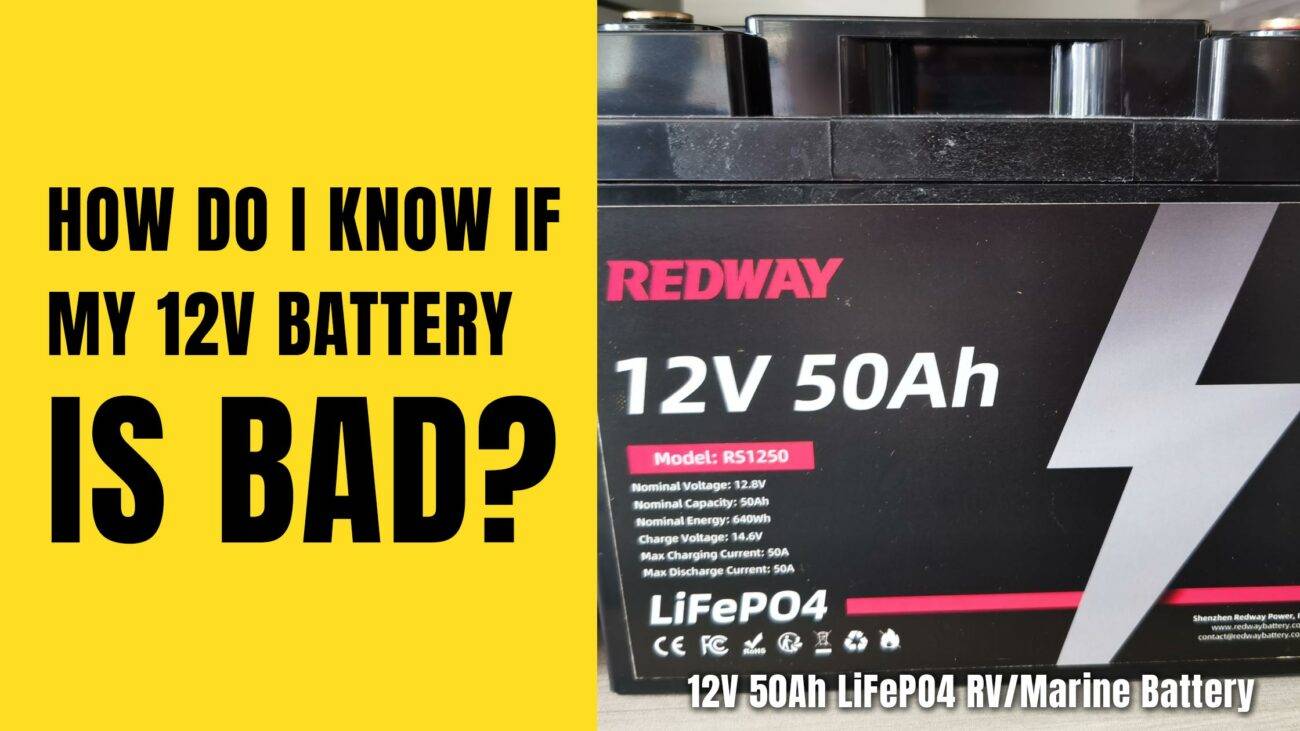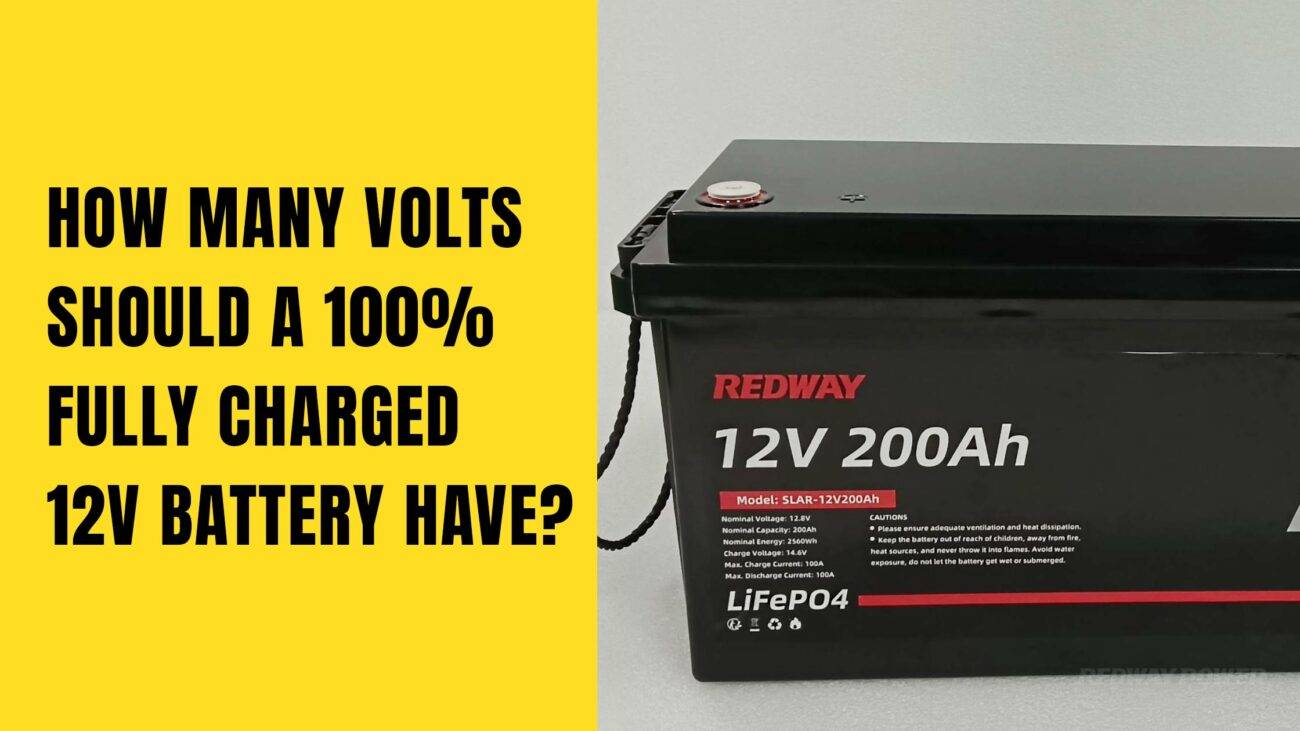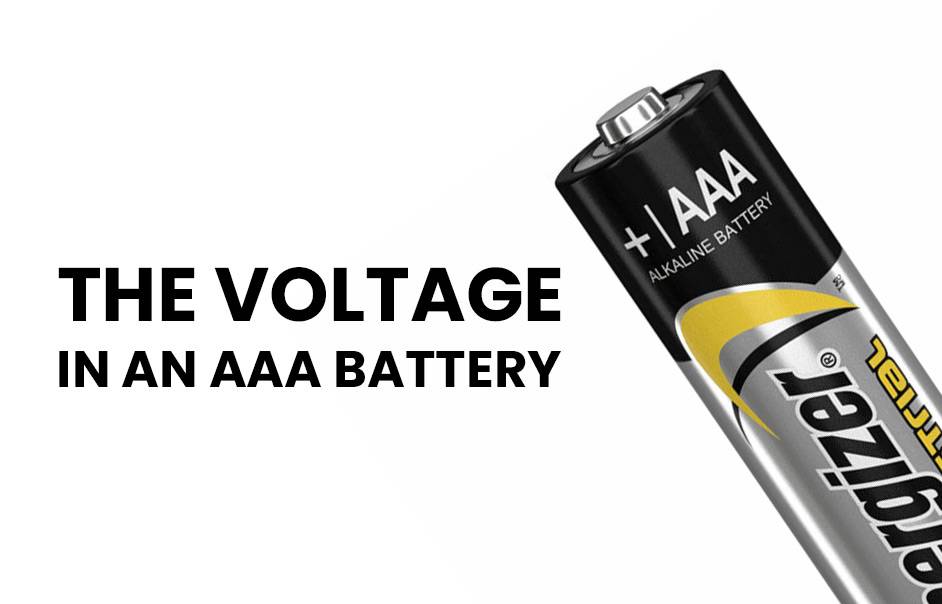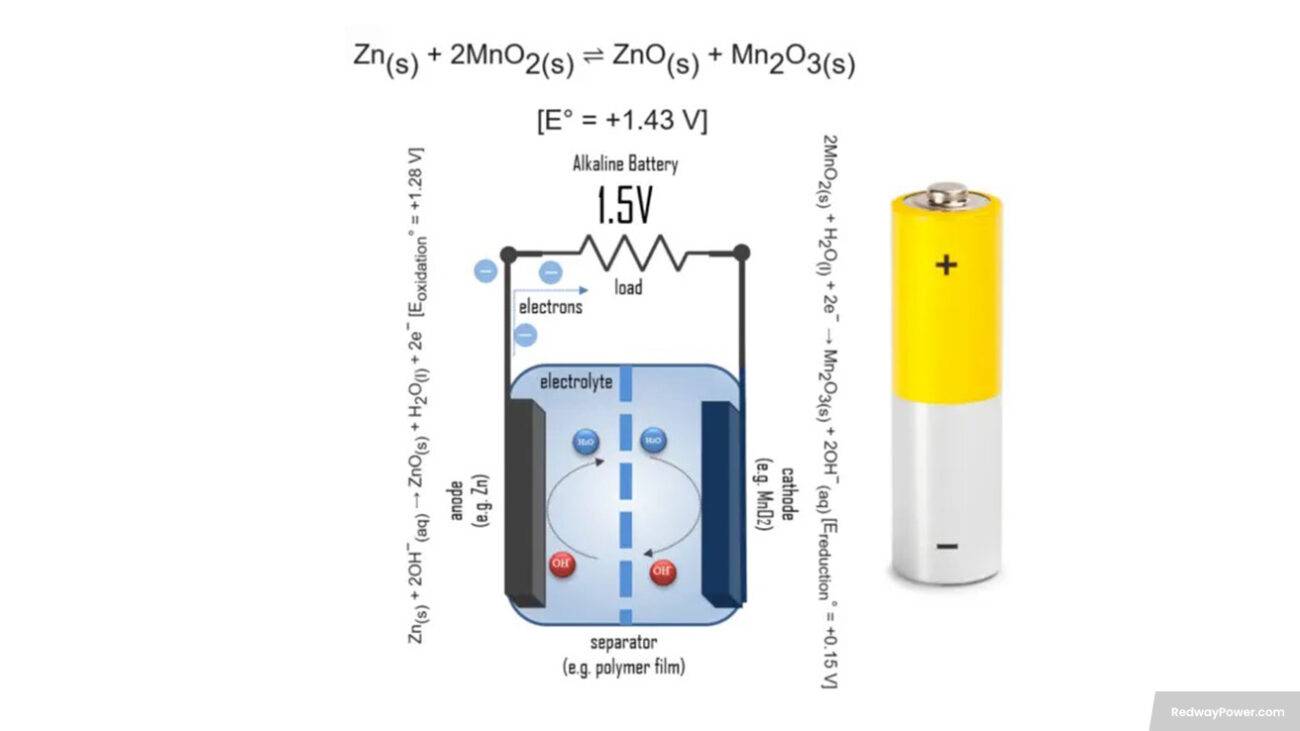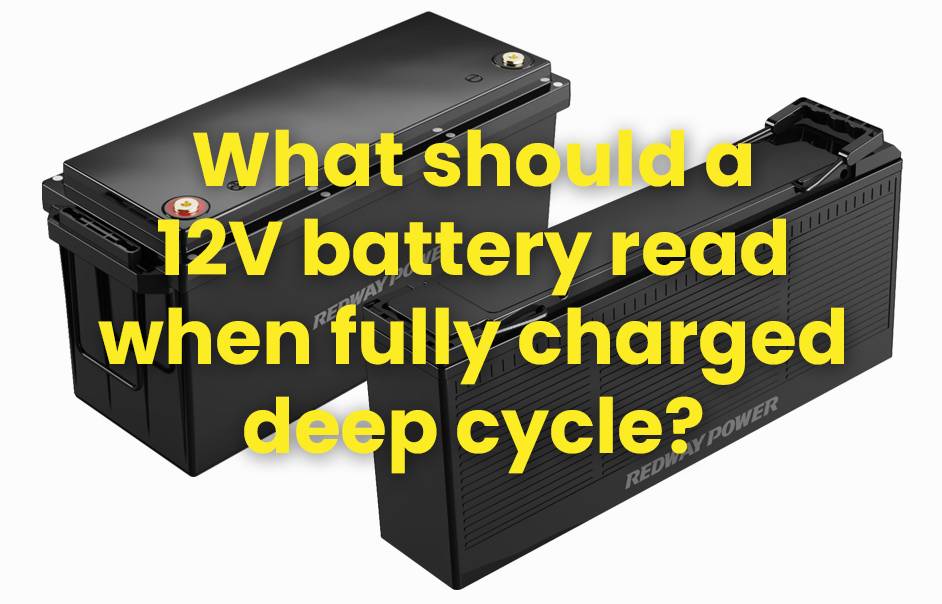Curious about the voltage levels of a fully charged 12-volt battery? You’re in the right place! In this post, we’ll explore the ideal voltage for a fully charged 12-volt battery. Whether you’re a car enthusiast or just interested in power sources, join us on this journey through the world of battery voltage. Let’s dive in!
Understanding the Basics: What is a 12 Volt Battery?
Heard about “12 volt” batteries but not sure what it means? In simple terms, it’s the average voltage during normal operation. Widely used in cars, boats, and RVs, a fully charged 12-volt battery is crucial for efficient vehicle operation.
- Versatility of 12 Volt Batteries:strong>
- Found in various applications, these batteries power engines and electrical components, ensuring smooth functionality.
- Historical Naming Convention:
- The term “12 volt” originates from early automotive technology, simplifying the standard nominal voltage assigned to these batteries.
- Understanding Voltage Fluctuations:
- Although labeled as 12 volts, actual voltage levels can vary based on factors explored in the next section, influencing battery performance.
Factors Affecting Voltage Levels

Curious about what affects the voltage levels of a 12-volt battery? Let’s explore the key factors influencing its performance.
- Temperature Impact:
- Extreme hot or cold conditions can impact a 12-volt battery’s voltage output, affecting its overall performance.
- Age and Usage:
- Over time and with repeated charging cycles, a battery naturally experiences a decline in voltage. This is a normal process associated with aging.
- Battery Type and Quality:
- Different battery types have distinct internal structures and chemistries, influencing how they hold and deliver their charge, ultimately affecting voltage levels.
- External Conditions:
- Overcharging and undercharging can disrupt voltage levels. Overcharging may lead to higher voltages, while undercharging can result in lower levels.
- Maintenance Practices:
- Regular cleaning and ensuring tight connections are vital maintenance practices to uphold optimal voltage levels in your 12-volt battery. Understanding these factors empowers you to monitor and address any issues effectively.
The Ideal Voltage for a Fully Charged 12 Volt Battery
Curious about the ideal voltage for a fully charged 12-volt battery? Let’s explore this crucial aspect and understand the factors at play.
- Voltage Range:
- A fully charged 12-volt battery typically reads between 12.6 and 13.8 volts. However, this range can vary due to factors like temperature and battery age.
- Charging Process:
- During charging, the voltage gradually increases, reaching a peak at around 14.4 volts during the absorption phase. This ensures the battery attains maximum capacity.
- Monitoring and Maintenance:
- Regularly measure voltage levels using a multimeter or voltmeter. Consistent monitoring is crucial to identify potential issues. Maintaining voltage within the specified range is key for reliable battery operation.
Understanding and managing these voltage levels ensures optimal performance and longevity for your 12-volt battery. Keep those volts just right for a reliable power source!
How to Measure Voltage in a 12 Volt Battery
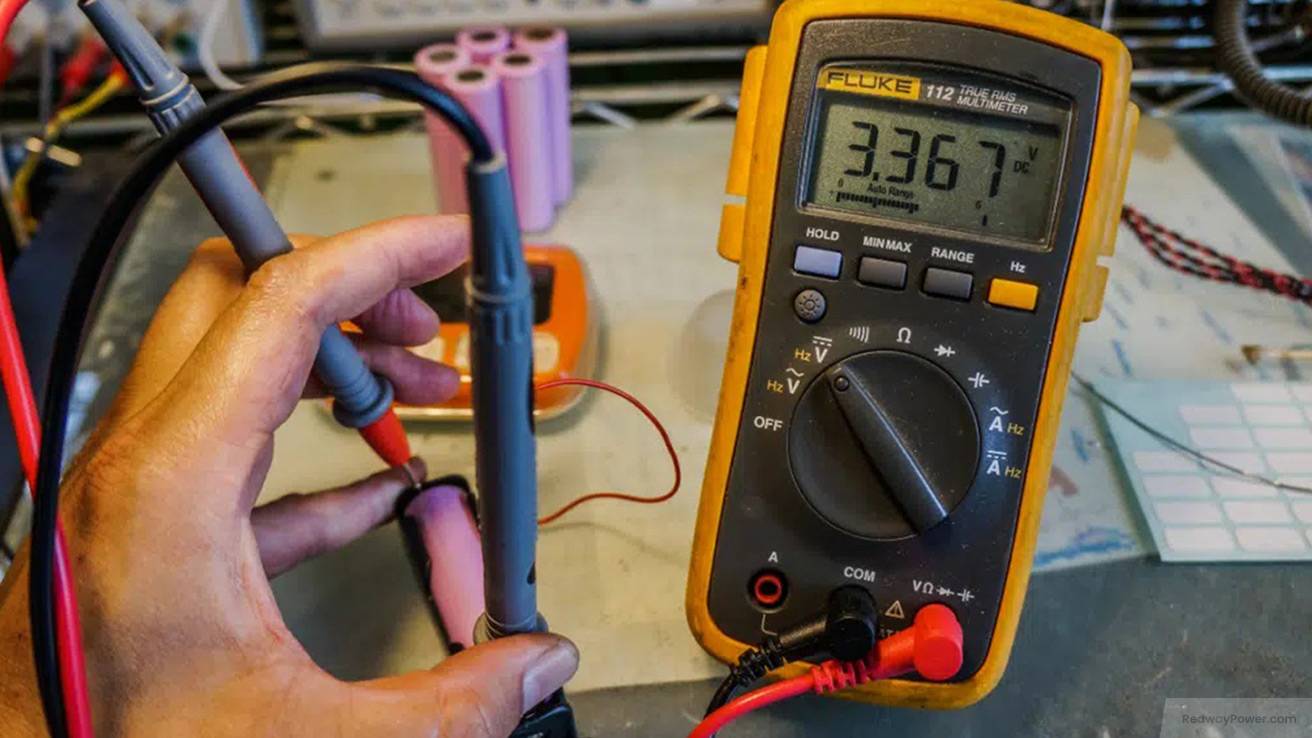
Measuring the voltage of your 12-volt battery is crucial for understanding its health and charge status. Let’s explore a simple guide using a multimeter.
- Multimeter Setup:
- Set your multimeter to DC voltage mode. Connect the positive probe (red) to the positive terminal and the negative probe (black) to the negative terminal of the 12-volt battery.
- Ideal Voltage Range:
- A fully charged 12-volt battery should ideally read between 12.6 and 13.2 volts on the multimeter. Deviations from this range may indicate insufficient charging or potential battery issues.
- Consider Temperature Effects:
- Temperature can influence voltage readings, so it’s advisable to measure when both ambient and battery temperatures are stable. This ensures accurate assessments.
Regular voltage measurements empower you to assess your battery’s condition, enabling timely charging or replacement decisions. Always prioritize safety when handling electrical components!
Maintaining Proper Voltage Levels in Your Battery
Maintaining optimal voltage levels is crucial for your 12-volt battery’s performance and lifespan. Whether it powers your car, boat, or other applications, follow these simple guidelines for reliable operation.
- Regular Charging:
- Keep your 12-volt battery consistently charged using a reliable charger designed for its specific needs. This prevents power loss over time and ensures readiness.
- Periodic Voltage Monitoring:
- Use a digital multimeter to periodically measure voltage levels. A fully charged 12-volt battery should ideally read around 12.6-12.8 volts when not under load. Deviations may signal charging issues or potential damage.
- Temperature Considerations:
- Operate and store your battery within its specified temperature range. Extreme heat or cold can impact performance, so maintaining suitable conditions is crucial for optimal functioning.
- Avoid Deep Discharges:
- Prolong your battery’s life by avoiding deep discharges. Regularly fully draining a lead-acid battery can cause irreversible damage and limit its overall capacity over time.
By adhering to these guidelines, you ensure the longevity of your 12-volt battery and enjoy consistent performance when needed. Regular testing and proper maintenance are key!
Common Issues with Low or High Voltage Batteries

Maintaining the right voltage levels in your 12-volt battery is crucial for optimal performance. Let’s explore common issues that arise when voltage is too low or too high and how monitoring can prevent problems.
- Low Voltage Issues:
- Reduced power output can lead to slower device performance or failure.
- Low voltage may cause gradual damage to sensitive electronic components over time.
- High Voltage Concerns:
- Excessive voltage levels can result in overheating and stress on the battery.
- High voltage may shorten the battery’s lifespan and potentially cause irreversible damage.
- Monitoring Challenges:
- Inaccurate readings from monitoring systems can occur with significant voltage deviations.
- Incorrect information about the state of charge can lead to confusion and misdiagnosis.
Regularly monitor your 12-volt battery’s voltage with a multimeter to prevent these issues. If persistent problems arise, consult a professional technician for specialized maintenance and repair.


